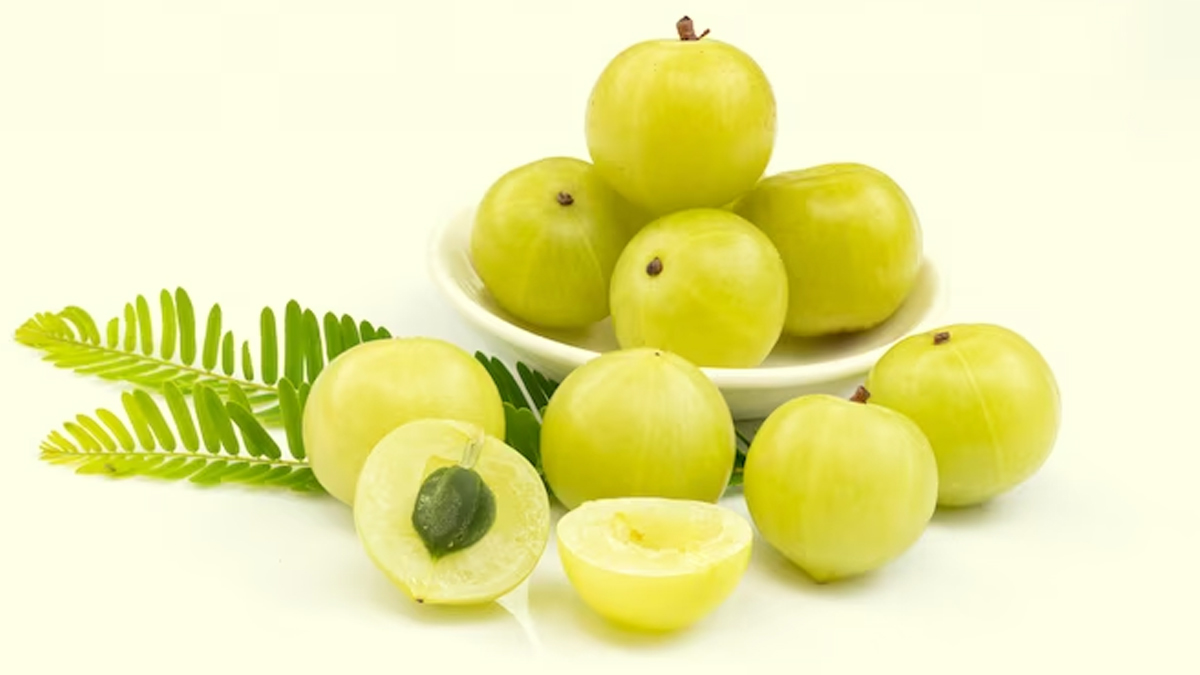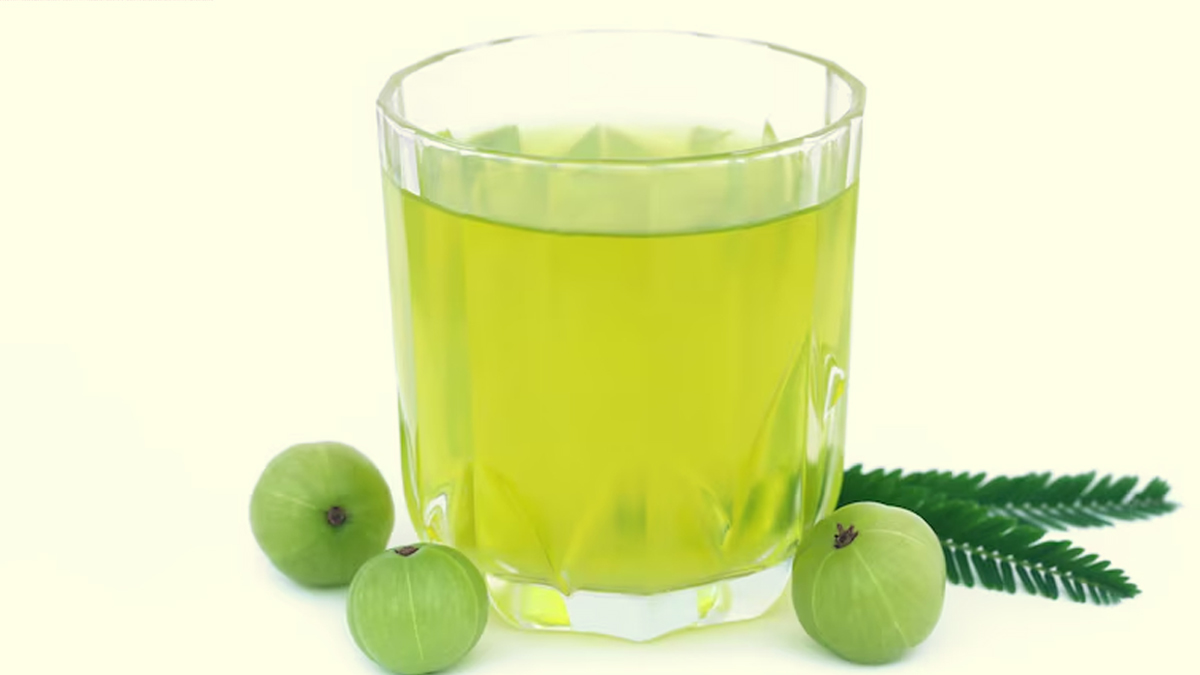
Maintaining white, healthy teeth doesn’t always require expensive dental treatments or complicated routines. Home remedies often have the potential to be just as effective, and in this case, Amla (Indian gooseberry), offers a simple, effective, and natural solution for oral health and teeth whitening.
Table of Content:-
Amla has long been celebrated in Ayurvedic practices for its innumerable health benefits. Its role in dental care, however, is particularly noteworthy. From preventing plaque build-up to strengthening gums and teeth, amla possesses the right benefits for dental health.
RELATED: Is Your Lifestyle Causing Discoloured Teeth? Here’s What To Watch Out For
Why Amla Works For Your Teeth

Amla is enriched with vitamin C, tannins, and flavonoids, which are essential for maintaining oral hygiene. These components make Amla highly antibacterial and astringent, helping to prevent the growth of harmful bacteria in the mouth. Studies have also shown that Amla increases salivary pH, reducing the risk of cavities and decay.
Regular use of Amla can,
- Firm up gums and teeth, thanks to its high vitamin C content.
- Heal wounds and promote the development of connective tissues in the gums.
- Prevent gum erosion and bacterial infections.
- Naturally whiten teeth by getting rid of discolouration.
How To Use Amla for Oral Care?
One of the easiest ways to use Amla for oral health is as a mouth rinse:
- Mix one teaspoon of Amla powder with a glass of water.
- Swish it around your mouth for about 30 seconds, just like you would with a traditional mouthwash.
Alternatively, you can dilute Amla juice with water and use it in the same way. This not only helps whiten your teeth but also eliminates bad breath and soothes gum inflammation.
Healing Properties Beyond Whitening

Its antibacterial properties help reduce harmful bacteria in the mouth, preventing infections and promoting a healthier oral environment. Amla also tones the gums, making them less prone to bleeding or erosion.
For those dealing with a toothache, amla’s versatility extends to pain relief. In traditional remedies, it’s also combined with other natural ingredients for soothing results. Its rich nutritional profile supports long-term oral health, making it a valuable addition to any dental care routine.
Regular use not only promotes whiter teeth but also strengthens the overall oral structure, reducing the risk of issues like gum disease and tooth decay. Additionally, the antibacterial properties of Amla help combat bad breath and reduce the risk of gum disease and cavities.
Moreover, the tannins in amla help combat oxidative stress in the mouth, ensuring your oral tissues remain resilient against damage. This healing ability extends to connective tissues in the gums, supporting the overall integrity of your dental health.
RELATED: Are Fruit Smoothies Wrecking Your Teeth? Top Tips To Minimise Damage
Bottomline
Whitening your teeth doesn't always require expensive treatments or harsh chemicals. Amla is a natural and cost-effective way to enhance your oral care routine. This small, nutrient-dense fruit has been used for centuries in traditional medicine and boasts a range of health benefits, particularly when it comes to oral hygiene.
Beyond whitening, amla's ability to strengthen teeth and gums is another reason to incorporate it into your routine. It helps stimulate saliva production, which plays a crucial role in neutralising acids and promoting remineralisation of tooth enamel. The fruit also supports the regeneration of healthy gum tissue, preventing conditions like gingivitis and promoting overall oral health.
Also watch this video
How we keep this article up to date:
We work with experts and keep a close eye on the latest in health and wellness. Whenever there is a new research or helpful information, we update our articles with accurate and useful advice.
Current Version